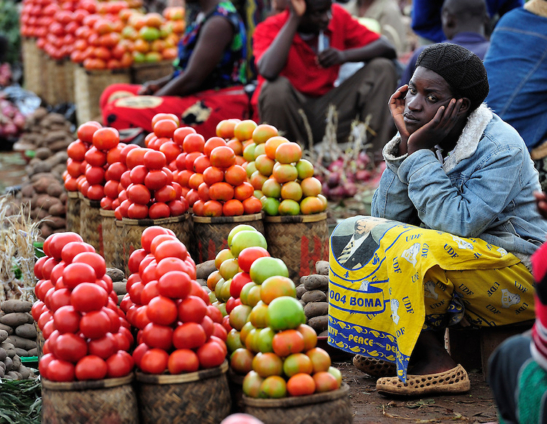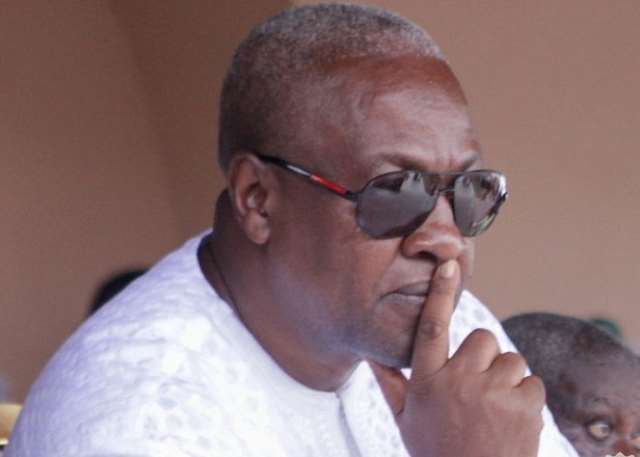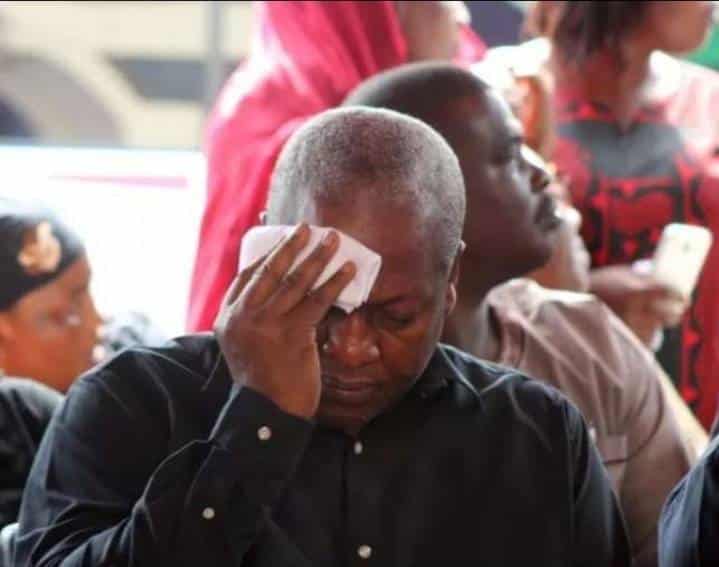Ghana’s recent elections have brought a dramatic political shift, with former President John Dramani Mahama reclaiming power. His victory over Vice President Mahamudu Bawumia signals a clear demand for change as citizens grapple with rising economic hardships. However, Mahama’s administration faces a monumental task ahead, with deep structural economic issues threatening to overshadow any quick fixes.
Inflation and Rising Costs Squeeze Ghanaians
The economic situation is dire, with inflation reaching 23.0% year-on-year in November 2024, a jump from 22.1% the previous month, according to the Ghana Statistical Service. This marks the third consecutive month of inflation increases, driven largely by skyrocketing food prices. Staples such as vegetables, tubers, and plantains have become more expensive, squeezing household budgets.

Beyond inflation, the cedi’s consistent depreciation against major currencies has amplified import costs, making essential goods less affordable. Ghana’s reliance on imports for critical commodities has exposed the economy to external shocks, further exacerbating inflationary pressures.
Mounting Debt Limits Fiscal Maneuverability
Ghana’s debt levels have reached unsustainable heights. The World Bank estimates that the debt-to-GDP ratio now exceeds 90%, severely constraining the government’s ability to respond to crises or invest in development projects. Debt servicing alone consumes a significant portion of national revenue, leaving little room for public spending on infrastructure, education, and healthcare.
Efforts to manage the debt burden under the existing $3 billion IMF program have introduced austerity measures, including public spending cuts and tax hikes. While these measures aim to stabilize the economy, they have also sparked widespread dissatisfaction among Ghanaians already struggling with high living costs.
IMF Program Renegotiation: Hope or Hurdle?
Mahama has pledged to renegotiate the terms of Ghana’s IMF deal, seeking more flexibility to prioritize growth and social spending over stringent austerity. However, renegotiating with the IMF is a complex and uncertain process. The fund typically insists on fiscal discipline for economies deemed high-risk, limiting the scope for immediate relief.

Moreover, any renegotiation must address the root causes of Ghana’s economic troubles. Beyond debt, the country faces systemic issues such as weak revenue generation. Ghana’s tax-to-GDP ratio remains below the sub-Saharan African average, reflecting inefficiencies in tax collection and enforcement. Boosting domestic revenue will require politically sensitive reforms, such as broadening the tax base and tackling corruption.
Public Frustrations Mount
Ghanaians’ expectations are high, fueled by Mahama’s campaign promises to alleviate economic hardships. Yet the magnitude of the crisis means that tangible improvements will take time. Infrastructure projects, industrialization efforts, and job creation—all critical to long-term recovery—require significant investment and planning.
Immediate relief measures, such as subsidies or cash transfers, could offer short-term respite but might strain the already limited fiscal space. Striking a balance between short-term relief and long-term sustainability will test the new administration’s resolve and ingenuity.
Political Pressures Amplify Economic Stakes
The incoming administration’s ability to navigate these economic challenges will also depend on its relationship with Parliament. With the National Democratic Congress (NDC) now holding a majority, legislative support may come more easily.

However, this also heightens the pressure on Mahama to deliver swift results. Any perceived delays or missteps could erode public and parliamentary confidence, further complicating governance.
Can Ghana’s Economy Stabilize?
The scale of Ghana’s economic troubles suggests that disappointment may be inevitable, at least in the short term. Transformative change will require bold, innovative policies and effective stakeholder engagement. Transparency in policymaking and consistent communication with the public will be crucial to managing expectations and maintaining trust.
While the road ahead is fraught with challenges, it is also an opportunity for Mahama’s administration to lay the foundation for a more resilient and inclusive economy. Whether this opportunity is seized or squandered remains to be seen, but the stakes could not be higher for Ghana and its people.

